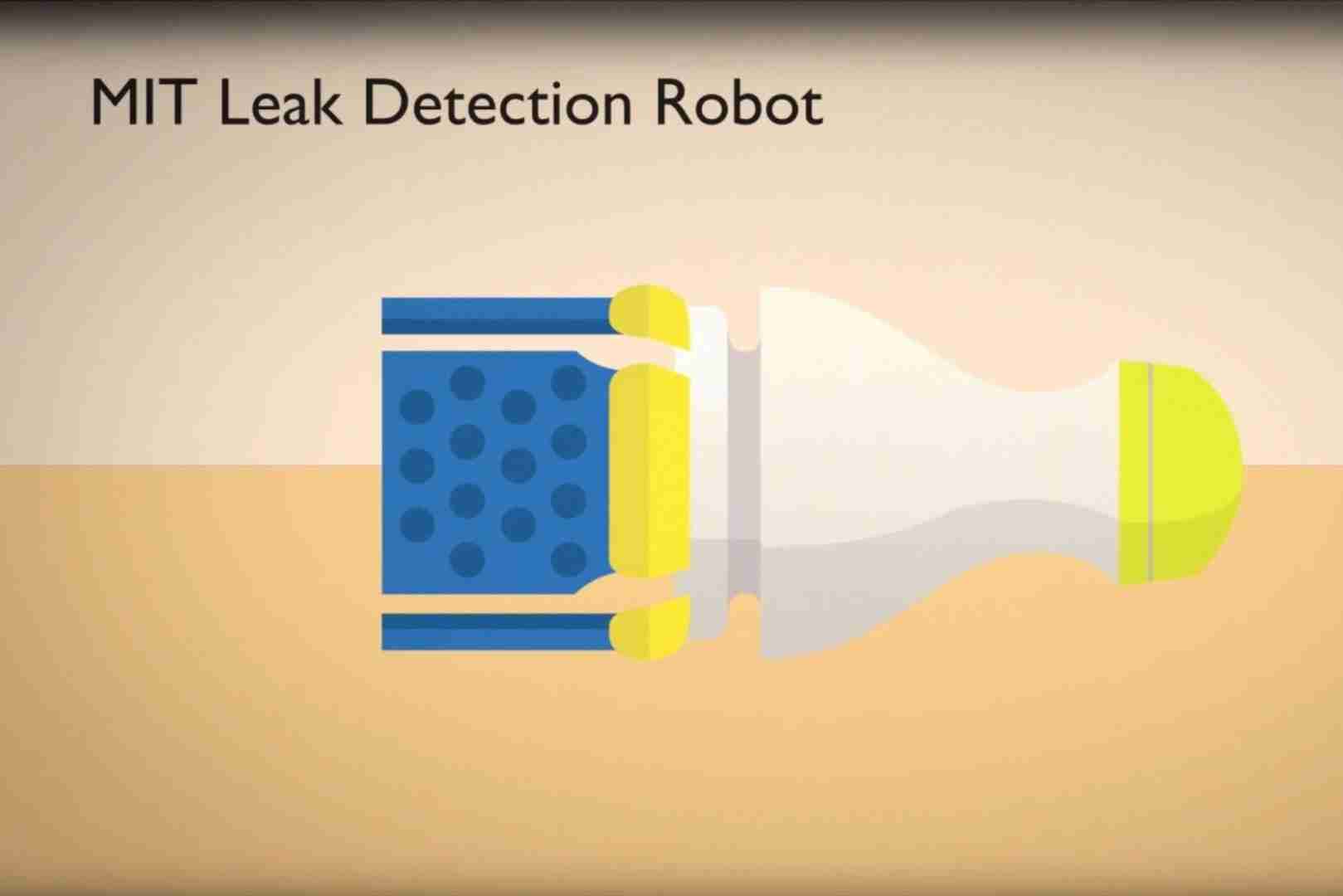
It almost sounds like a plot for a movie: high-powered inpiduals with a track record of success to back up their massive egos exchange a string of unsavory emails. These correspondences are then leaked to the public by some mysterious entity (definitely not North Korea), and chaos ensues as the public reacts and the people involved scramble to pick up the pieces.
But this is no movie script. It’s the dramatic reality of employees at Sony pictures.
For those unaware of the situation (I hope you can get Internet access under that rock of yours), here’s a quick recap. A hacking group known as Guardians of peace infiltrated the Hollywood studio’s corporate email system, and then leaked sensitive data. The data includes communications between Sony co-chairman Amy pascal and Scott Rudin, a prominent producer, as well as a document that contains salary information for thousands of employees.
The emails contain disparaging comments about celebrities including Angelina Jolie and Leonardo DiCaprio, as well as racially charged “jokes” about president Obama.
As the story continues to unravel -- and gets progressively harder to watch -- we’ve thought about the big takeaways for leaders in all industries. Here’s what we’ve come up with.
1. privacy is a thing of the past.
58003 As recent history has shown, the digital property of any business or inpidual is at risk of getting hacked. Upsetting and disturbing though this might be, the only way to deal with it is to recognize this fact and adjust accordingly. Don’t put anything in writing that you wouldn’t want to see widely published, because there’s a chance that someone other than the intended recipient will see it. Just because you’re not an A-lister doesn’t mean you’re above scrutiny. For a silver screen inspiration, think 1984.
2. Don’t badmouth your clients or coworkers.
This should be obvious, but talking about other people behind their backs is just bad business. Word gets around, and under all of that gossip, the only thing people will know is that you’re two-faced and fake. As the saying goes, loose lips sink ships and these e-mails are the iceberg to Sony’s Titanic-sized reputation (ok, technically the James Cameron flick was a Fox/paramount production, but you get the point).
3. Your professional work depends on personal relationships.
This doesn’t have anything to do with nepotism (that’s another article entirely); it has to do with networking. While your product might be wonderful, sales will suffer if people don’t like you as a person. You will lose business if your ego remains unchecked or if you earn an unflattering reputation. Just as directors don’t want to work with demanding pas on-set, customers don’t want to work with companies that are not understanding, irresponsibleor otherwise difficult. 58003
4. Written communication has its limits.
While the words in the emails seem shockingly harsh, it’s worth noting that the finer points of communications -- tone of voice, body language or background on the histories of the people involved, for example -- can’t be conveyed through the written word. There are times when it’s necessary to talk face-to-face, or at the very least, pick up the phone. While Meg Ryan and Tom Hanks’ characters found love through the written word in 1998’s You’ve Got Mail, relying on email to make your most important points is not recommended.
5. No industry is as glamorous as it seems from the outside.
Everyone knows that the movies that make it to the theaters show the cleaned up, edited, stylized version of the story. There are bloopers, deleted scenes, hours of makeup and costume design and stunt doubles that we vaguely know about but never see. Similarly, behind the designer clothes and red-hot romances, there is a dark side of Hollywood that revolves around equal parts threats and supplication, hand-holding and back-biting. 58003 While you love what you do, there will be aspects of the job that aren’t your favorite. It’s an ugly truth that is true of every industry that only its insiders are privy to. If you find yourself thinking that the grass is greener for some other career, keep this in mind and recalibrate your expectations. At some point, work is work. It’s important to acknowledge the frustrations while focusing on the aspects you enjoy.
 金融价值网
金融价值网



















